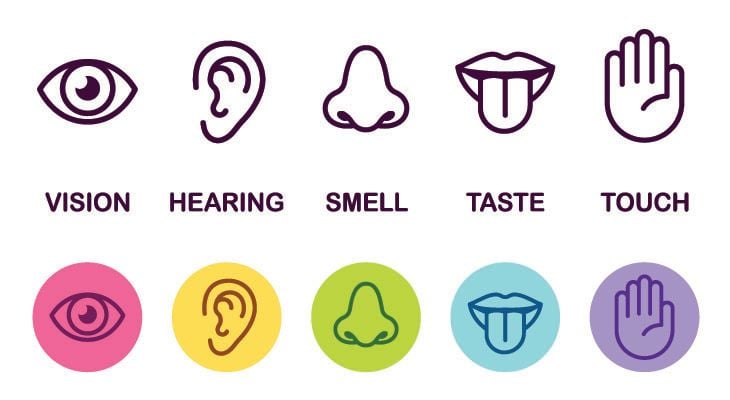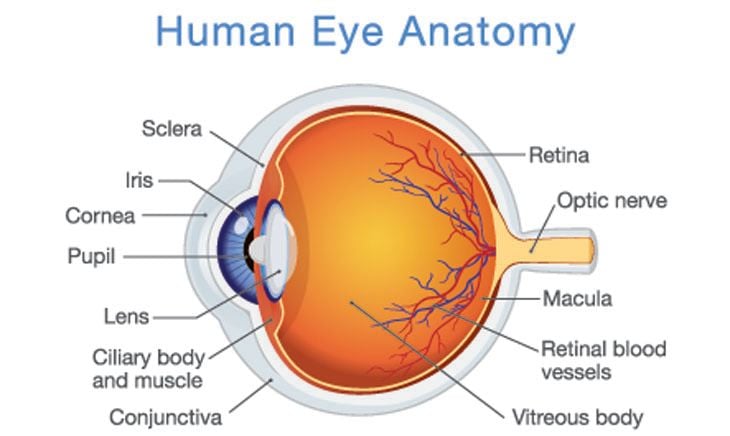Eye Perception

Visual perception refers to a set of skills used to collect and interpret visual information taken in from our environment. The visual information gathered is combined with our other senses, allowing us to derive meaning from what we see. Through the process of merging visual data with our other senses, we are also able to […]
Binocular Vision

The human visual system is a complex network including the eye, ocular nerves, and key brain areas that process visual information. Under most circumstances, we use information from both eyes to create a single visual image. This ability to converge information from both eyes is called binocular vision. In some cases, the eyes fail to […]
Eye Anatomy 101

The eye has many parts that work together to create vision. The eyes themselves are only part of “seeing.” The brain is also involved. The eyes, though, begin the complex process of vision by gathering, focusing and passing on visual information to the brain. To help you learn how the eye works, here is a […]
Technology and Vision

The primary sufferers of technology-related eyestrain used to be adults whose work involved computers. Now, however, people of all ages use computers, smartphones, tablets and gaming devices, which can take their toll on the eyes. As people’s reliance on technology grows, so does the incidence of eyestrain. Keep reading to learn more about digital eyestrain […]
Eye Coordination

Each eye picks up a slightly different image, but through a process called fusion, the brain blends the images together to make one three-dimensional picture. Good eye coordination is needed, however, and allows the eyes to sustain proper alignment so that they can focus on practically the same image, though it is seen somewhat differently. […]
Eye Focusing

The eyes have a focusing system called accommodation; it allows for visual clarity. The system is rested when you look at an object that is far away and is not forced to strain like it would if the target were close. In normal circumstances, the eyes are able to effortlessly transition between objects that are […]
Eye Movement

Eye movement refers to the voluntary and involuntary movements of the eyes that assist with obtaining, fixating and following visual stimuli. The eyes are each connected to a system of six muscles. Light is sensed by the retina, which is a type of tissue that contains cells known as photoreceptors. These cells translate light into […]
